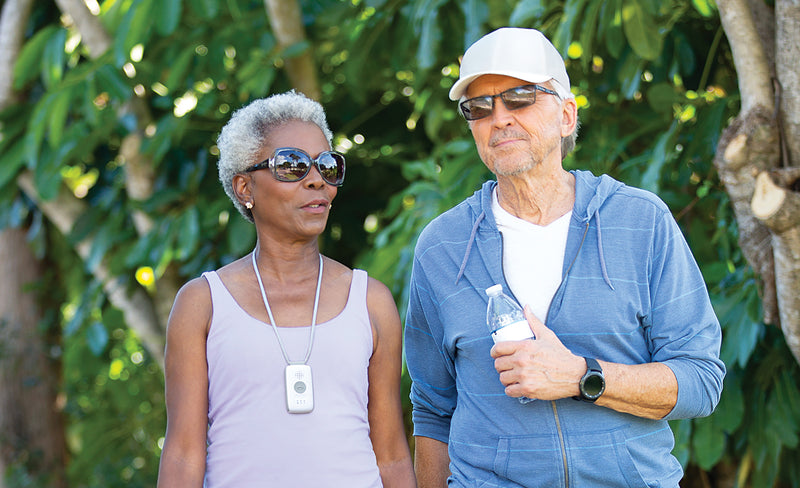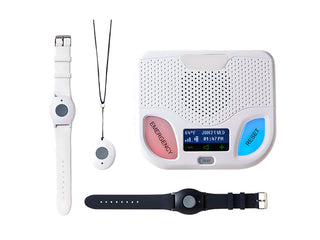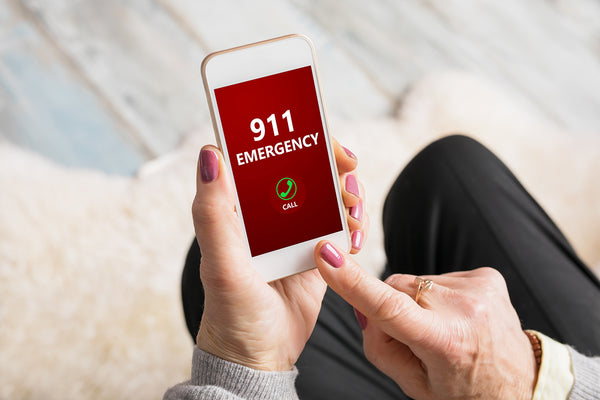Technology Simplified
What is a Medical Alert System?

A medical alert system is a device that can be worn by individuals who may need assistance in an emergency. The system typically has a button that can be pressed to send a signal to a monitoring center. The monitoring center will then contact emergency services or a designated caregiver.
Medical alert systems can be used by people of all ages, but they are most commonly used by seniors and people with disabilities. They can provide peace of mind for individuals and their loved ones, knowing that help is just a button press away.
Types of Medical Alert Systems
There are two main types of medical alert systems: in-home and mobile.
- In-home medical alert systems are typically worn around the neck or wrist. They have a button that can be pressed to send a signal to a monitoring center. The monitoring center will then contact emergency services or a designated caregiver.
- Mobile medical alert systems are more portable than in-home systems. They can be worn on the wrist or clipped to the belt. Mobile systems typically have a GPS tracking feature, which allows the monitoring center to track the user's location.
Features of Medical Alert Systems
Medical alert systems come with a variety of features, including:
- Fall detection: This feature can detect when a user has fallen and automatically send a signal to the monitoring center.
- Medication reminders: This feature can remind users to take their medication on time.
- GPS tracking: This feature allows the monitoring center to track the user's location.
- Two-way communication: This feature allows users to communicate with the monitoring center in real time.
Benefits of Medical Alert Systems
Medical alert systems offer a number of benefits, including:
- Peace of mind: Knowing that help is just a button press away can provide peace of mind for individuals and their loved ones.
- Increased independence: Medical alert systems can help individuals stay independent and live at home longer.
- Reduced risk of falls: Fall detection can help reduce the risk of falls and the associated injuries.
- Improved quality of life: Medical alert systems can help improve the quality of life for individuals by providing peace of mind, increased independence, and reduced risk of falls.
How to Choose a Medical Alert System
When choosing a medical alert system, it is important to consider the following factors:
- Features: Make sure the system has the features that are important to you, such as fall detection, medication reminders, and GPS tracking.
- Price: Medical alert systems can range in price from a few hundred dollars to over a thousand dollars. It is important to find a system that fits your budget.
- Company reputation: Do some research on the company to make sure they have a good reputation. Read reviews from other customers to get an idea of their experiences.
- Ease of use: The system should be easy to use, especially if you are elderly or have difficulty using technology.
- Warranty: Make sure the system comes with a warranty in case something goes wrong.
Medical alert systems can provide peace of mind, increased independence, and reduced risk of falls for individuals and their loved ones. When choosing a medical alert system, it is important to consider your individual needs and preferences.







